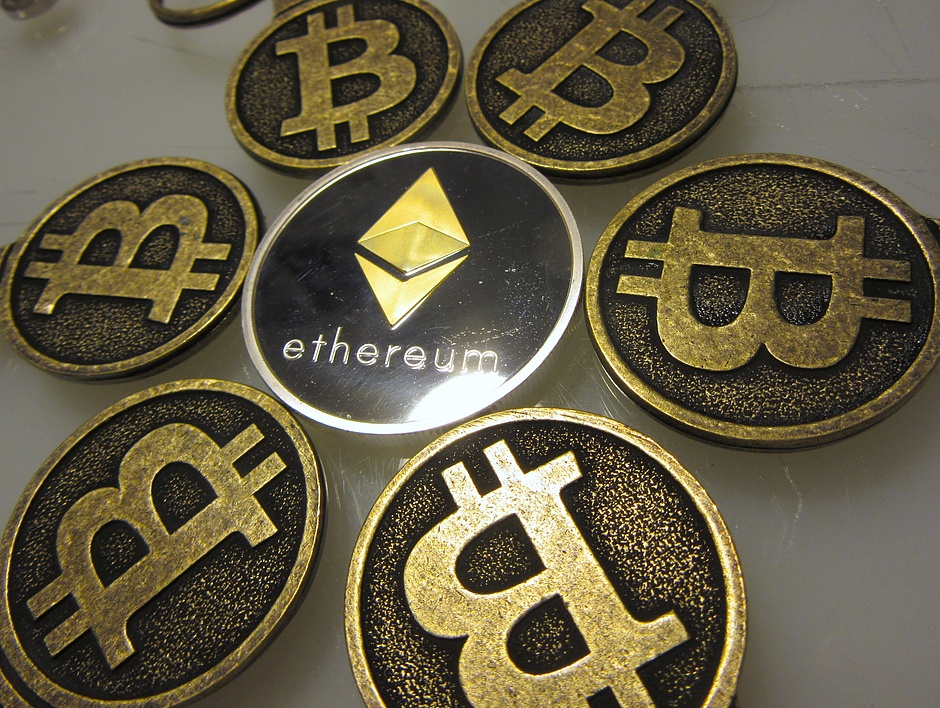Federal regulators are preparing to pass judgment on Ethereum

The Securities and Exchange Commission is moving to take action against Ethereum that reaches far beyond America’s borders.
Are regulators with the U.S. Securities and Exchange Commission gearing up to take down Ethereum? Given the saber-rattling by officials — including SEC Chairman Gary Gensler — it certainly seems possible.
The agency went on a crypto-regulatory spree in September. First, at its annual The SEC Speaks conference, officials promised to continue bringing enforcement actions and urged market participants to come in and register their products and services. Gensler even suggested crypto intermediaries should break up into separate legal entities and register each of their functions — exchange, broker-dealer, custodial functions, etc. — to mitigate conflicts of interest and enhance investor protection.
Next, there was an announcement that the SEC’s Division of Corporation Finance plans to add an Office of Crypto Assets and an Office of Industrial Applications and Services to its Disclosure Review Program this fall to assist in registering crypto market participants. Then, there was testimony before various Senate Committees on proposed legislation to overhaul crypto regulation, where Gensler reiterated his belief that nearly all digital assets are securities, implicitly endorsing his view that such digital assets and relevant intermediaries should register with the SEC.
But perhaps the most ground-shaking shots occurred when the SEC took aim at Ethereum, possibly reversing a years-long détente that began when a previous SEC official stated that Ether (ETH), along with Bitcoin (BTC), was not a security. In his testimony before the Senate Banking Committee, Gensler suggested that Ethereum’s transition to proof-of-stake (PoS) from proof-of-work could have brought Ethereum under the SEC’s purview because, by staking coins, “the investing public [is] anticipating profits based on the efforts of others.”
Later, in a complaint filed against a token promotor, the SEC suggested that all transactions occurring on the Ethereum blockchain could fall within the SEC’s jurisdiction because more of Ethereum’s nodes are located in the U.S. than any other country. These recent positions on Ethereum appear to be clear SEC overreach and more saber-rattling meant to prompt the industry to register.
First, back in 2018, then-SEC Director of Corporation Finance William Hinman declared that Bitcoin and Ether were not securities in the eyes of the SEC. This seemed rooted both in the fact that Ethereum was sufficiently decentralized and in the difference between cryptocurrencies — replacements for sovereign currencies — and digital tokens — assets revolving around a specific venture.
But Ethereum’s Merge to PoS has potentially muddied those waters, with the SEC suggesting that Ether could now be a security under the Howey Test (an asset is a security if it is 1) an investment of money; 2) in a common enterprise; 3) with a reasonable expectation of profits; and 4) derived from the efforts of others). It’s unclear how the Merge could have substantively changed the decentralized nature and purpose of Ethereum to now make it a security (it’s still more akin to Bitcoin than digital tokens).
Arguably, though, it is closer to meeting the Howey factors, especially with more crypto-lending-like attributes that the SEC has already alleged can make a product a security (see BlockFi action). PoS, however, is still quite distinct from crypto-lending platforms where tokens are staked and interest earned by what the lending company does rather than the combined efforts of the stakers. So, it still seems far-fetched to deem Ether a security when viewed in the context of what the Ethereum blockchain is primarily used for — smart contracts — and how its coins are mined.
Second, the SEC’s allegation that transactions occurring on the Ethereum blockchain are subject to U.S. jurisdiction because more of Ethereum’s nodes are located in the U.S. than any other country would expand the SEC’s reach far beyond the United States. Based on that reasoning, the SEC could assert jurisdiction over an Ethereum-based token developed in Germany, offered and sold in Germany exclusively to Germans, because the cluster of Ethereum nodes in the U.S. means that the transactions effectively occurred in the United States. Such an outcome would seem highly unlikely to pass legal muster.
Does all this aggressive posturing by the SEC foreshadow an enforcement action against Ethereum (who would they sue, anyway?) or actions against foreign actors for foreign conduct on Ethereum? More likely, this is a negotiating tactic meant to scare the industry into succumbing to the SEC’s jurisdiction voluntarily. “Come in and talk to us — and register,” essentially. Because if Ethereum is at risk of being deemed a security/exchange — Ethereum! — then surely so are all the other tokens and decentralized finance platforms in the industry — except, presumably, Bitcoin (for now).
Author

Cointelegraph Team
Cointelegraph
We are privileged enough to work with the best and brightest in Bitcoin.





